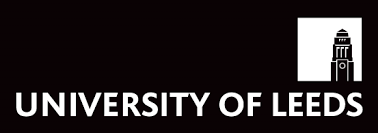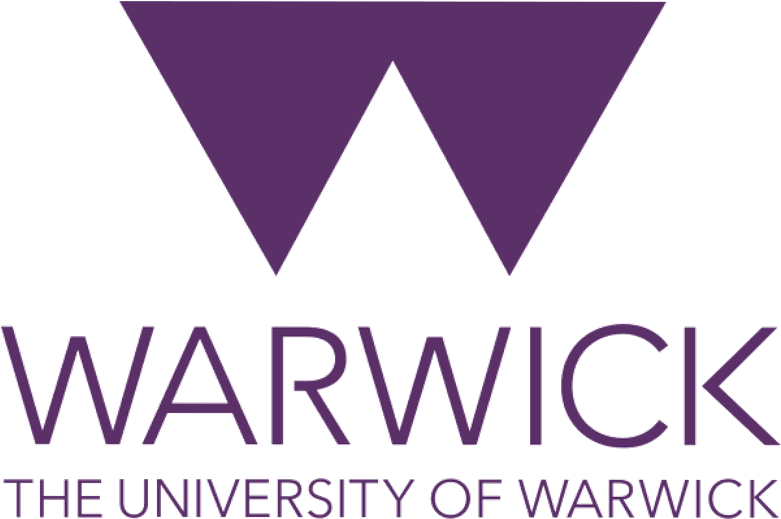Healthcare Programs Abroad for Indian Students
Embarking on a journey to study healthcare abroad is a transformative decision, offering unparalleled opportunities for academic growth, clinical exposure, and cultural immersion. For Indian students aspiring to make a significant impact in the global healthcare landscape, pursuing a degree overseas can open doors to advanced medical technologies, diverse patient populations, and innovative research methodologies.
This page provides a comprehensive guide to healthcare programs available for Indian students looking to study abroad, covering various specializations, benefits, application processes, and career prospects.
Why Study Healthcare Abroad?
Studying healthcare in a foreign country offers numerous advantages:
- Global Perspective: Gain insights into different healthcare systems, policies, and practices.
- Advanced Education: Access world-class institutions with cutting-edge research facilities and state-of-the-art laboratories.
- Specialized Training: Opportunities to specialize in niche areas of healthcare not widely available in India.
- Clinical Exposure: Hands-on experience in diverse clinical settings, often with advanced patient care technologies.
- Networking Opportunities: Build connections with international faculty, researchers, and healthcare professionals.
- Personal Growth: Develop critical thinking, problem-solving, and cross-cultural communication skills.
- Enhanced Career Prospects: International qualifications are highly valued globally, improving employability and career advancement.
Popular Healthcare Specializations
The field of healthcare is vast and multifaceted. Here are some of the most popular specializations Indian students pursue abroad:
Medicine (MBBS/MD)
Pursuing a medical degree abroad is a common choice for Indian students. Countries like Russia, Ukraine, China, and various European nations offer affordable and high-quality MBBS programs. For postgraduate studies, the US, UK, Canada, and Australia are highly sought after for their advanced MD and residency programs.
- Key Areas: General Medicine, Surgery, Pediatrics, Cardiology, Oncology, Neurology.
- Duration: 5-7 years for undergraduate medicine; 3-5 years for postgraduate specializations.
- Entry Requirements: Strong academic record in science subjects (Physics, Chemistry, Biology), NEET qualification (for some countries), English proficiency tests (IELTS/TOEFL).
Nursing
Nursing is a highly respected and in-demand profession globally. Programs abroad offer comprehensive training in patient care, critical thinking, and ethical practice. Countries like Canada, Australia, the UK, and the US are prime destinations for nursing students due to their robust healthcare systems and high demand for qualified nurses.
- Key Areas: Registered Nurse (RN), Critical Care Nursing, Pediatric Nursing, Mental Health Nursing, Public Health Nursing.
- Duration: 3-4 years for Bachelor of Science in Nursing (BSN); 1-2 years for Master's programs.
- Entry Requirements: High school diploma with science subjects, English proficiency tests.
Public Health
Public health focuses on preventing disease, prolonging life, and promoting health through organized efforts and informed choices of society, organizations, public and private communities, and individuals. This field is gaining immense importance globally, especially after recent health crises.
- Key Areas: Epidemiology, Biostatistics, Health Policy and Management, Environmental Health, Global Health.
- Duration: 1-2 years for Master of Public Health (MPH).
- Entry Requirements: Bachelor's degree (preferably in a health-related field), GRE (for some universities), English proficiency tests.
Pharmacy
Pharmacists play a crucial role in healthcare, responsible for dispensing medications, providing drug information, and ensuring patient safety. Studying pharmacy abroad offers exposure to advanced pharmaceutical research and drug development.
- Key Areas: Clinical Pharmacy, Industrial Pharmacy, Pharmaceutical Chemistry, Pharmacology.
- Duration: 4-5 years for Bachelor of Pharmacy (B.Pharm); 1-2 years for Master of Pharmacy (M.Pharm).
- Entry Requirements: High school diploma with science subjects, English proficiency tests.
Allied Health Sciences
Allied health professions encompass a broad range of healthcare roles that are integral to the diagnosis, evaluation, and treatment of diseases and disorders. These programs offer hands-on training and are often less competitive than traditional medical degrees.
- Key Areas: Physiotherapy, Occupational Therapy, Medical Laboratory Technology, Radiography, Nutrition and Dietetics, Optometry, Audiology.
- Duration: 3-4 years for Bachelor's degrees; 1-2 years for Master's degrees.
- Entry Requirements: High school diploma with science subjects, English proficiency tests.
Top Destinations for Healthcare Studies
Several countries are renowned for their excellent healthcare education systems:
| Country | Highlights for Healthcare Students |
|---|---|
| United States | Leading research universities, advanced medical technology, diverse specializations, competitive but rewarding. |
| United Kingdom | Globally recognized qualifications, strong emphasis on clinical practice, NHS exposure, excellent for postgraduate studies. |
| Canada | High-quality education, welcoming immigration policies, opportunities for permanent residency, strong public healthcare system. |
| Australia | World-class medical schools, practical training, research opportunities, attractive post-study work options. |
| Germany | Affordable or free tuition at public universities, strong research focus, high-quality medical training, German language proficiency often required. |
| Ireland | Reputable medical and nursing schools, English-speaking environment, strong clinical training. |
| New Zealand | High-quality education, excellent work-life balance, strong healthcare system, post-study work opportunities. |
Application Process and Requirements
The application process for healthcare programs abroad typically involves several steps:
- Research Programs: Identify universities and programs that align with your academic and career goals.
- Check Eligibility: Review specific entry requirements for your chosen course and country.
- Standardized Tests: Prepare for and take required tests such as:
- English Proficiency: IELTS, TOEFL, PTE Academic
- Medical Entrance Exams: NEET (for some countries), MCAT (US), UCAT/BMAT (UK), GAMSAT (Australia)
- Graduate Exams: GRE (for Master's programs)
- Prepare Documents: Gather all necessary documents, including:
- Academic Transcripts and Certificates
- Statement of Purpose (SOP) / Personal Statement
- Letters of Recommendation (LORs)
- Resume/CV
- Passport copy
- Proof of funds
- Medical certificates
- Submit Application: Complete and submit your application online through the university portal or a centralized application system.
- Interviews: Some programs, especially medicine, require interviews.
- Visa Application: Once accepted, apply for a student visa for your chosen country.
- Scholarships:
- University-Specific: Many universities offer scholarships for international students based on merit or need.
- Government Scholarships: Governments of destination countries (e.g., Chevening in the UK, Fulbright in the US) offer scholarships.
- External Organizations: Various foundations and organizations provide funding for international students.
- Education Loans: Banks and financial institutions in India offer education loans specifically for studying abroad.
- Part-time Work: Many countries allow international students to work part-time during their studies, which can help cover living expenses.
- Global Opportunities: Work in leading hospitals, research institutions, international health organizations (WHO, Médecins Sans Frontières), or pharmaceutical companies worldwide.
- Opportunities in India: The Indian healthcare sector is rapidly growing. Graduates with international exposure are highly sought after in private hospitals, research facilities, public health initiatives, and medical education.
- Licensure: Be aware of licensure requirements in your desired country of practice. This may involve passing local board exams (e.g., USMLE for the US, PLAB for the UK, MCI Screening Test/FMGE for India).
- Cost: Tuition fees and living expenses can be high in many popular study destinations.
- Cultural Adaptation: Adjusting to a new culture, language, and academic system can be challenging.
- Homesickness: Being away from family and friends for extended periods can be tough.
- Eligibility and Recognition: Ensure your chosen program and degree are recognized by relevant medical councils and licensing bodies in India and your desired country of practice.
- Competition: Admission to top healthcare programs can be highly competitive.
Funding Your Healthcare Education Abroad
Studying abroad can be a significant financial investment. Here are common funding options:
Career Prospects After Studying Healthcare Abroad
A degree in healthcare from an international institution significantly enhances your career prospects, both globally and back in India.
Challenges and Considerations
While rewarding, studying healthcare abroad comes with its own set of challenges:
Despite these challenges, the benefits of gaining a global healthcare education far outweigh the difficulties. It's an investment in a future where you can contribute significantly to global health and make a lasting impact.
We encourage you to explore the specific programs offered by various universities and to reach out to their international admissions offices for detailed information tailored to your aspirations.
Disclaimer: Information provided is general and may vary. Always verify details with the respective educational institutions and official government websites.


